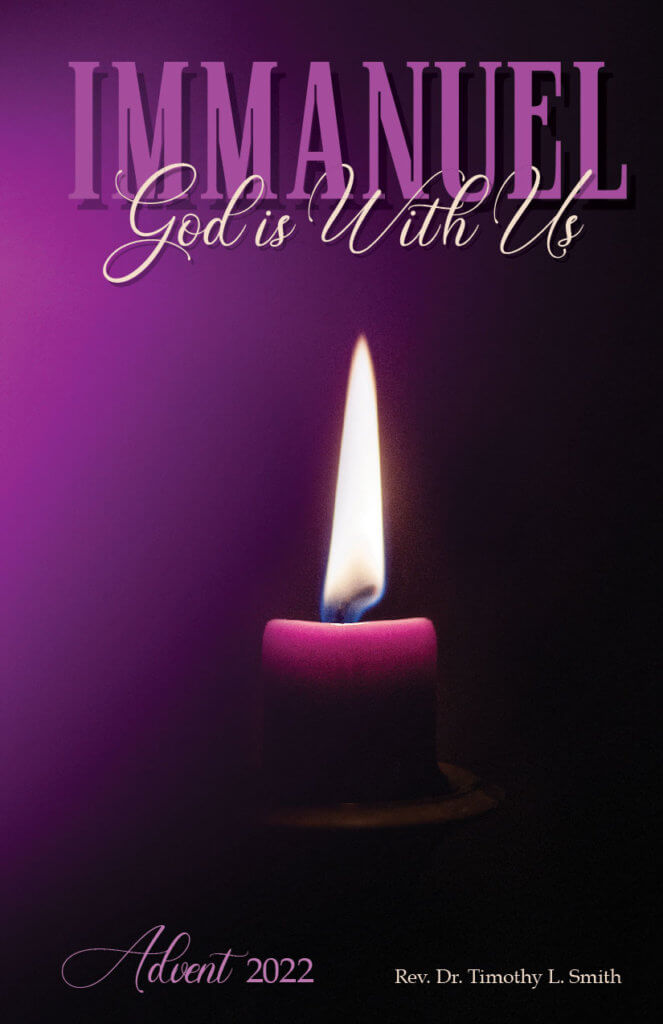PREPARATION: lighting the candle and readying myself to listen.
REFLECTION:
All this is from God, who reconciled us to himself through Christ, and has given us the ministry of reconciliation; that is, in Christ God was reconciling the world to himself, not counting their trespasses against them, and entrusting the message of reconciliation to us. So we are ambassadors for Christ, since God is making his appeal through us; we entreat you on behalf of Christ, be reconciled to God. For our sake he made him to be sin who knew no sin, so that in him we might become the righteousness of God.
2 Corinthians 5:18-21
The word “Advent” comes from the Latin adventus, meaning “arrival” or “coming”. Advent was the celebration of a Roman emperor bringing peace and security to a city. The adventus festivity began with the people going out from the city to welcome the arriving emperor and hail him as “savior” (soter). They praised the emperor as “son of a god” (divi filius) and the bringer of peace (pax).
One instance of the celebration of the victorious emperor is seen in the acclamation given Caesar Augustus in the Priene Calendar Inscription, a stone tablet from 9 B. C. that uses the term “good news” (euangellion), heralding the birth of Augustus. It is called the Priene “Calendar” Inscription because it is a decree starting a new calendar from the birth of Caesar Augustus. Caesar, remembered from Luke’s Christmas story, was celebrated for beginning a new age of peace for the world. The divine majesty ascribed to Augustus is seen in the following excerpt from the inscription:
“…‘Since Providence, which has ordered all things and is deeply interested in our life, has set in most perfect order by giving us Augustus, whom she filled with virtue that he might benefit humankind, sending him as a savior, both for us and for our descendants, that he might end war and arrange all things, and since he, Caesar, by his appearance excelled even our anticipations, surpassing all previous benefactors, and not even leaving to posterity any hope of surpassing what he has done, and since the birthday of the god Augustus was the beginning of the good news (euangellion) for the world that came by reason of him,’ which Asia resolved in Smyrna.” (Adolph Deissmann, Light from the Ancient East)
Yet, two thousand years later, the world celebrates the adventus and birth, not of Caesar Augustus, but of a little baby in a manger. This baby is the real bringer of peace, the real world-changer.
In today’s scripture, the apostle Paul delights to resound the “good news” about Jesus: “that is, in Christ God was reconciling the world to himself.” The Greek word translated “reconciling” is katallasso, which translates directly to our English word “catalyst”, something that precipitates change while it stays unchanged. The Greek katallasso also denotes “change” or “exchange”, hence to change one person toward another, that is, to reconcile people. Scripture thus uses katallasso to describe Jesus as the Savior who reconciles people while staying unchanged as the Son of God.
Jesus did not come to change God’s heart toward the world, but to prove God’s love for the world. It is humanity that had turned away from God, not God from us. Thus, in Christ, God was settling the relationship between us and Him, reconciling the world to Himself. Reconciliation is not something we do, but something we receive; it is not something we accomplish but what we embrace.
The world had rejected God and was alienated from Him, but God sent His Son to reconcile the world to Himself. The world had not sought to be reconciled to God; in fact, the world did not seek reconciliation, had no plan nor desire for it. The world had no way to bring it about. But God did!
Paul compresses into one marvelous sentence God’s saving purpose; in Christ, God was setting the world right with Himself, “not counting their trespasses against them.” Christ knew no sin, but was made sin; not a sinner, but sin, a sin-offering, a sacrifice for the sins of the whole world. Jesus is “the Lamb of God who takes away the sin of the world” (John 1:29; c.f., 1 John 2:2). These are your sins and mine!
Theologian Karl Barth writes concerning God sending His Son to set right the world’s relationship with Himself:
“At the very point where we refused and fail, offending and provoking God, making ourselves impossible before Him and in that way missing our identity, treading under foot our dignity, forfeiting our right, losing our salvation and hopelessly compromising our creaturely being – at that very point God Himself intervenes as man.” (Karl Barth, Church Dogmatics, IV/1)
God loves you so utterly and absolutely that He was, in Christ Jesus, putting you right with Himself. God, through Immanuel, has bound Himself to you by His love so that He will not let you go. We respond by repenting and believing in Jesus as Savior and Lord!
CONVERSATION: I talk with God about the thoughts and feelings stirring within.
REST: I take time to be present to Immanuel who is present to me.



